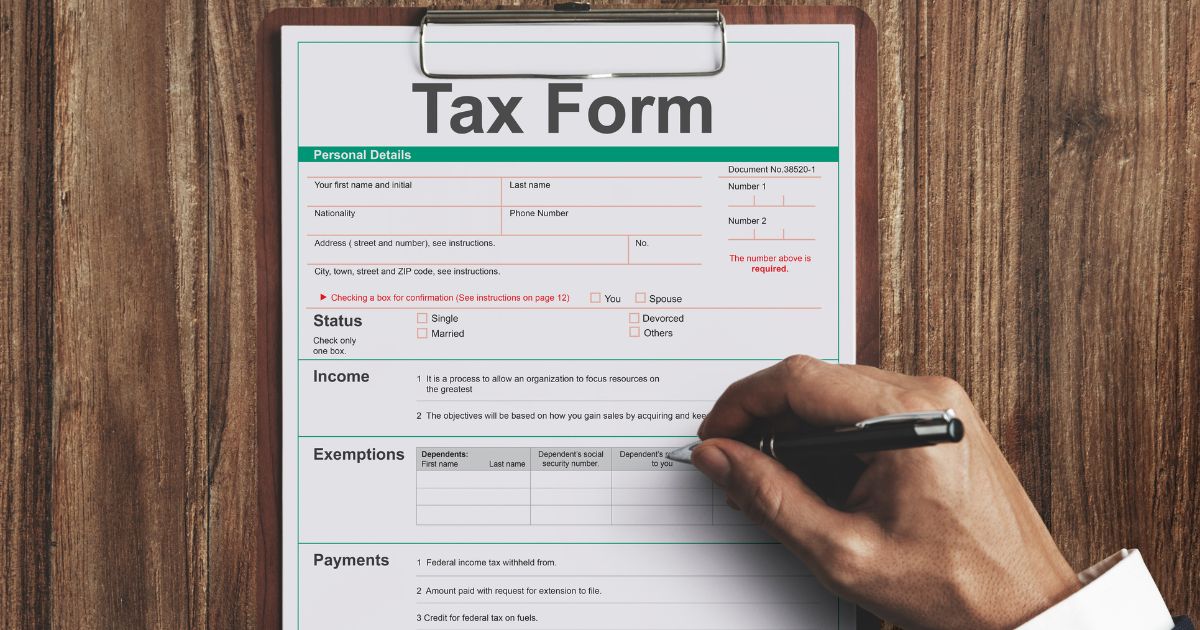The deadline for filing Income Tax Returns (ITR) for the financial year 2023-24 in India is set for July 31, 2024. While the due date provides a clear timeline for taxpayers to fulfill their tax obligations, it has sparked a debate about its implications. Let's delve into the advantages and disadvantages of having a fixed due date and the effects of extending it.

Advantages of a Fixed Due Date
1. Timely Compliance
- Clarity and Discipline: A specific deadline instills a sense of urgency among taxpayers. It encourages timely compliance and helps in avoiding last-minute rushes.
- Efficient Processing: Tax authorities can manage and process returns more efficiently when deadlines are adhered to, reducing the backlog and ensuring quicker assessments and refunds.
2. Predictable Planning
- Financial Planning: Businesses and individuals can plan their finances better with a known due date. This helps in organizing cash flows and meeting tax obligations without unnecessary stress.
- Avoiding Penalties: Adhering to the deadline helps in avoiding penalties and interest charges for late filing, which can be significant.
3. Encouraging Accountability
- Discipline: A set deadline promotes responsibility and accountability among taxpayers. It encourages people to gather their documents and complete the filing process on time.
- Reducing Errors: Early filing often means fewer errors and corrections, as taxpayers have more time to review their returns thoroughly.
Disadvantages of a Fixed Due Date
1. Potential Stress
- Pressure on Taxpayers: A firm deadline can create pressure and stress, especially for individuals with complex financial situations or for those who have not maintained their records meticulously throughout the year.
- Rushed Filings: Last-minute filers may rush their returns, leading to mistakes, which can result in future complications or penalties.
2. Impact on Late Filers
- Limited Extension Opportunities: For those who require more time due to unforeseen circumstances, a fixed deadline offers little flexibility. Extensions can be rare and may not always be granted.
- Increased Penalties: Late filers face financial penalties and interest, which can be burdensome, especially for individuals and small businesses.
3. Administrative Burden
- Peak Load: Tax authorities experience a peak load near the deadline, leading to potential delays in processing returns and issuing refunds.
- Support Strain: The demand for tax-related support services, such as help desks and online assistance, surges as the deadline approaches, potentially impacting service quality.
Discussion on Extensions
Pros of Extending the Due Date
- Reduced Stress: An extended deadline can reduce stress for taxpayers, allowing more time for accurate and complete filing.
- Improved Accuracy: More time means better preparation and less chance of errors in the returns.
Cons of Extending the Due Date
- Procrastination (Delay): Extensions may lead to procrastination, with individuals and businesses delaying their tax obligations even further.
- System Strain: Prolonged deadlines can extend the period during which tax authorities handle and process returns, leading to administrative strains.
Conclusion
While the due date of July 31, 2024, for filing ITR is a well-defined and structured approach to ensure compliance and efficient processing, it does come with its set of challenges. Both taxpayers and authorities need to manage their responsibilities and expectations effectively. For taxpayers, adhering to the due date ensures timely compliance, avoiding penalties, and fostering financial discipline. For authorities, it means a structured workflow and better management of tax processes.
Ultimately, while extensions might offer temporary relief, they can also lead to procrastination and administrative burdens. It's crucial for taxpayers to use the time wisely, plan ahead, and file their returns as early as possible to benefit from a smoother and more organized tax filing experience.








 CAclubindia
CAclubindia
